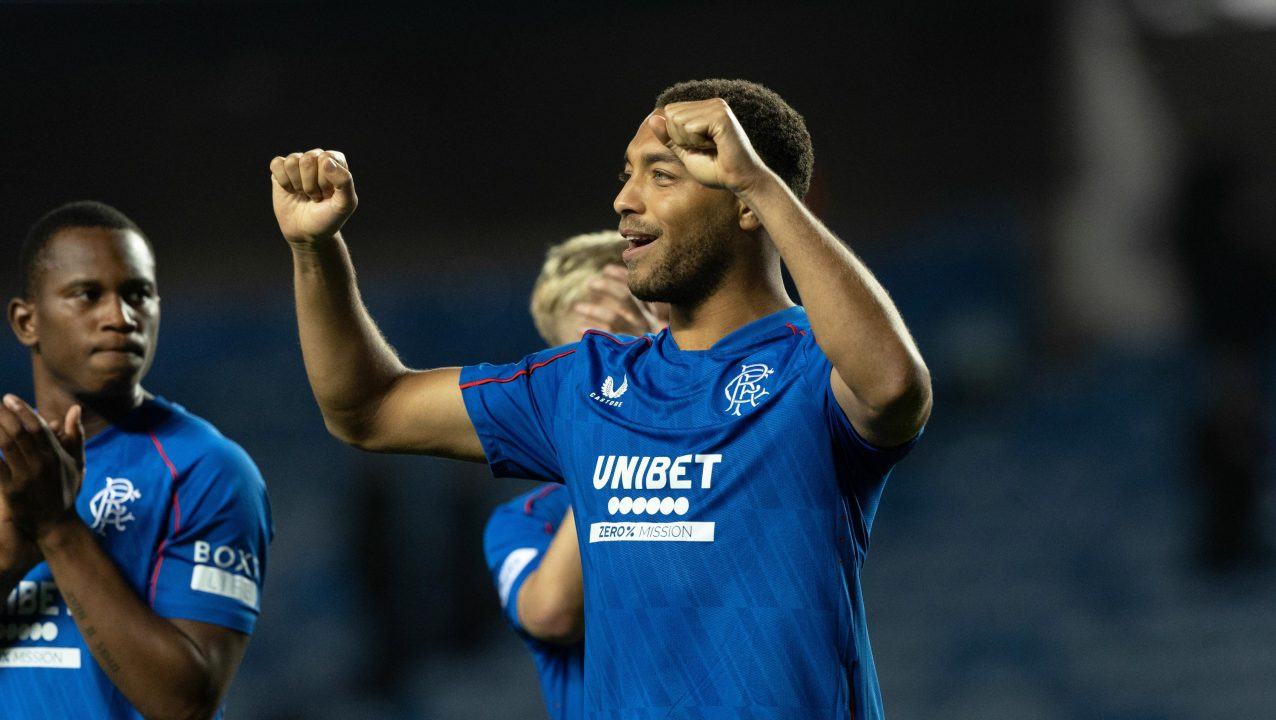“Bigger is better” is not a popular slogan these days. The constant drumbeat from politicians and the media equates being big with hurting the U.S.
consumer. That limited thinking casts a cloud over the proposed Kroger and Albertsons merger. It ignores the elephant in the room, Walmart, which controls the top tier of the grocery market, and it could cost consumers and harm union labor.

Walmart has a supersized market share. Kroger comes in at a distant second, followed by Costco and Albertsons. But Kroger and Albertsons are unique in the sector.
Only they are union employers. To compete with the Walmart behemoth, the proposed merger will allow the combined company to pass on pricing benefits while securing union jobs. The Federal Trade Commission is challenging the merger, joined by Illinois and several other states and the District of Columbia, claiming it will eliminate competition, raise grocery prices and harm workers.
Yet Kroger pledges investing $500 million to lower prices, $1.3 billion to enhance the customer experience, and $1 billion to continue raising wages and benefits. Kroger is on the record with a commitment not to close any stores, distribution centers or manufacturing facilities, or lay off any frontline associates.
But how can the public be sure Kroger will live up to its promises? Look at Kroger’s past performance. Since 2018, the company has reduced its margins by more than $5 billion in a continuing effort to provide high-quality groceries at affordable prices while adding more than 110,000 union jobs. To address the FTC’s concerns, Kroger-Albertsons will divest 579 stores to C&S Wholesale Grocers and ensure C&S operates the divested stores competitively.
For decades I have provided consultation services for virtually all the major retailers in the U.S., including Kroger, and currently one of the largest labor local unions.
Should this merger be blocked, the real losers will be consumers and union workers. Albertsons will likely remain for sale. At that point, its majority-owned private equity group could sell it off in pieces, with thousands of union jobs lost and the future of stores in question.
In that scenario, the only winner is Walmart. Surely it is worth urging politicians and the public to rise above the negative echo chamber that surrounds the merger and take a serious second look. Burt Flickinger III, CEO, Strategic Resource Group Our two-party system doesn’t work What I’ve read of the DNC protests both warms and embroils my heart, as they unintentionally highlight, without spotlighting, the need to move beyond a polarizing two-party system.
This might be achieved through reforming our voting system, and seems it would be a central issue to social justice activists. I’m sure I’m not the only one wondering if withholding support for Kamala Harris, as some pro-Palestine supporters seem to support, is really in favor of any Palestinian, or marginalized person anywhere. Therein lies the folly of our two-party system.
A fundamental issue for activists today is to transform the way we elect our officials to move beyond our “first past the post” voting system. Christopher Rhodes reported on Al Jazeera that for the first half of the 20th century, many cities used a single transferable voting system, but this was discontinued “due to hostility to racial and ethnic minorities benefitting from the system.” Voter reform is a powerful way to think globally and act locally.
Deborah Perticara, La Grange Park Will Chicago police honor rights of DNC protesters? Media coverage of police actions against protesters and other civilians normalizes police misconduct. Any time a person being arrested is hurt, injured, mistreated or handled roughly is a failure of policing. Police say they are here to serve and protect.
Sometimes I wonder whom they protect. Is it mostly the rich and powerful? Recent police handling of student protesters at universities is very disturbing. Personally at the Art Institute of Chicago and Washington DC, I saw police use excessive force against peaceful protesters.
By contrast, I saw a video of raucous protests in Europe that were handled calmly and peacefully. Can’t we have a kind of good policing that de-escalates violence and values the safety and well-being of all here in the U.S.
? Americans have a right to demonstrate. We have the right to be safe even when police are arresting us and even if we are unruly or flip them off, but particularly when we are nonviolent and just asking our government to obey its laws that forbid giving money or weapons to any entity slaughtering noncombatants. Amnesty International , Human Rights Watch , B’Tselem and the International Court of Justice have all said Israel is an apartheid state.
The strategies I read that Chicago police plan to use for protests at the Democratic National Convention could lead to escalation and violence, as well as impede free speech. This is unacceptable in a free democratic society. Or maybe it’s as Mayor Richard J.
Daley once said, “The policeman isn’t there to create disorder. The policeman is there to preserve disorder.” Dan Bailey, Wheaton A big Chicagio welcome from a diverse Chicago It is with a proud heart that I share the story of our daughter and son-in-law’s recent block party.
Our 14- and 10-year-old grandsons were there with their friends. Our grandsons are a product of Irish and Lithuanian immigrants. Their friends included a Polish immigrant, a Black child, Hispanic kids and our sweet grandsons.
The picture I took represents Chicago. When I looked at that picture this morning, I thought about the welcome we are giving to the DNC. Highlighting our beautiful city, our diversity, our energy and our celebration.
This is what Chicago looks like. A big Chicago welcome to the DNC from lifelong Chicago residents. Tom and Elizabeth Marren, Beverly.



















